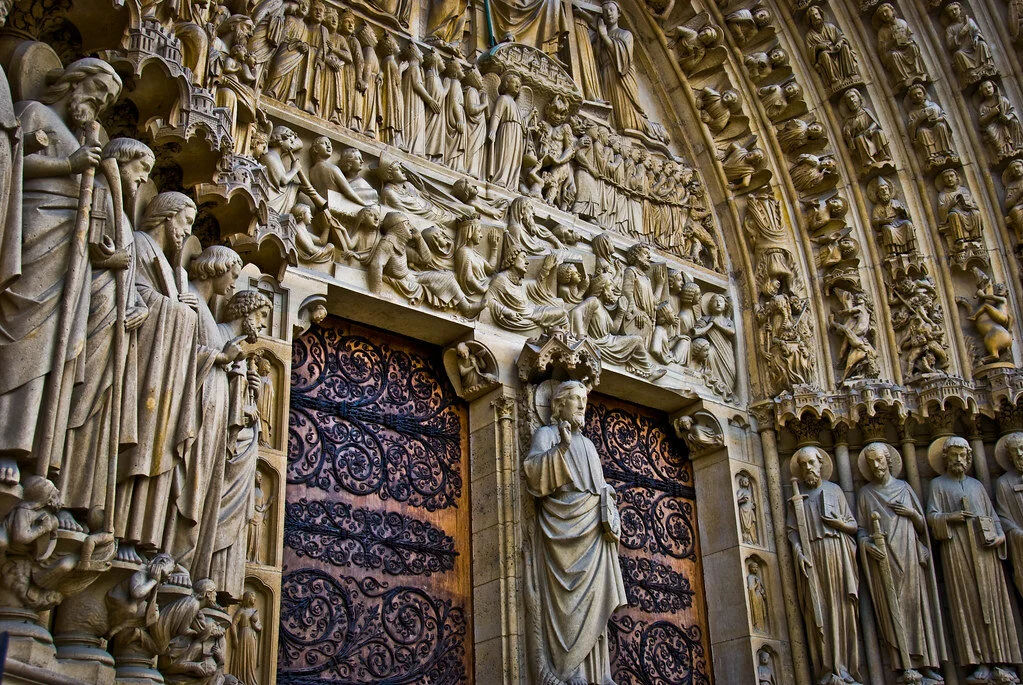An independent commission found that for the last 70 years, hundreds of thousands of children were abused by clergy in France, and the church was ill-equipped to respond to and prevent abuse.
“Notre Dame, Paris.” Gary Campbell-Hall. CC BY 2.0
The Independent Commission on Abuse in the Church (CIASE) was published after an extensive three-year investigation. The report found that over 200,000 minors were abused by clergy members of the Catholic Church in France alone from 1950 to the present day. Furthermore, the commission estimated that, including laypersons who were employed by the church, such as staff in Catholic schools, the number of victims rose to 330,000 over the years.
The report also found that while family or friends in France perpetrated the highest rate of sexual violence against minors, the Catholic Church is the second environment with the highest prevalence of sexual violence. The report estimates that the number of perpetrators ranges from 2900 to 3200. While this number may seem low for the number of victims, the commission notes that “scientific research shows that a sexual predator can effectively assault a great number of victims, especially predators of male children- as is overwhelming the case in the Catholic Church.” The Vatican released a statement that the Pope learned of the report’s staggering findings with “sorrow.” Pope Francis stated, “I would like to express to the victims my sadness… my sorrow for the trauma that they have suffered. And also my shame” in response to the report’s findings.
The report found that the Catholic Church did little to prevent the abuse over the last 70 years, stating, “The Catholic Church’s attitude has evolved over time but it has remained too focused on the protection of the institution, for a long time with no regard to the victims.” Furthermore, the commission found that from 1950 to 1970, the church was focused on avoiding scandal and often saved aggressors by silencing victims. The report found that while the institution did not accept the violence, it was too focused on preserving the institution and did not know how to prevent or address the abuse. The commission urges the Church to not just move on from past abuse, stating: “ It is not enough for the Church to claim awareness, albeit too late in the day.” CIASE also said that the church needed to recognize the abuse, and take responsibility and begin a process of compensation.
The report also addresses canon law, finding that victims have “no place” in the law that was unprepared to deal with sexual violence. The report also cited deviations in catholicism where priests are almost elevated to saint status. The over-emphasization of obedience and purity could lead to environments that perpetuate sexual violence.
The CIASE report is not the first of its kind, but change within the Church seems to be slow. The head of the inquiry, Jean-Marc Sauvé, told reporters that until the 2000s’ the church had shown “deep, total and even cruel indifference" towards the victims of sexual abuse.
Dana Flynn
Dana is a recent graduate from Tufts University with a degree in English. While at Tufts she enjoyed working on a campus literary magazine and reading as much as possible. Originally from the Pacific Northwest, she loves to explore and learn new things.








